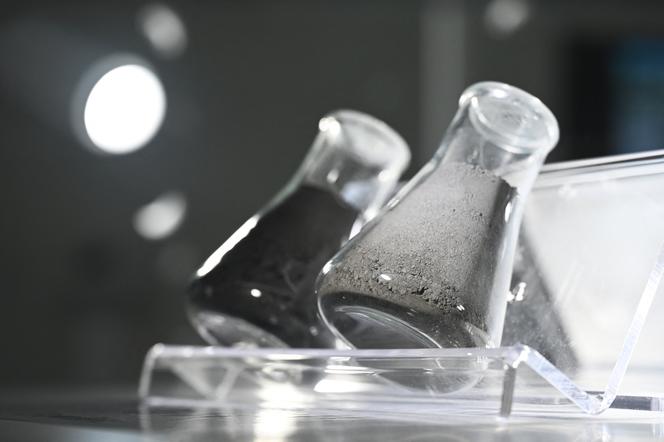


On Tuesday, December 3, China announced that it was blocking exports of certain strategic metals to the United States, the day after the US imposed new restrictions on its exports, in an acceleration of the technological war between the world's two leading powers. The Chinese Ministry of Commerce accused Washington of "politicizing trade and technology issues" in a statement and said that it will no longer issue export licenses for gallium, germanium, antimony and other materials to the US if they can be used for both civilian and military purposes.
China is the leading producer of these rare earth metals, which are used in the production of high-tech products such as microchips, solar panels and satellites. Additionally, it announced that shipments of graphite, a metal particularly used in batteries, will be closely monitored.
On the same day, four official industry associations representing the automotive, semiconductor and internet sectors urged Chinese companies to exercise cautioun when buying US chips and encouraged exploring alternatives from both Chinese and third countries. "American chips in automobiles are no longer reliable or safe," said a statement.
A few weeks before of Donald Trump's January 20 inauguration as US president, China is showing that it has no qualms one-upping the growing restrictions imposed by the US and efforts to decouple from China, especially in sensitive sectors. On Monday, the US blacklisted 140 Chinese companies accused of acting in the interests of the Chinese government, focusing on microchips and the tools used to produce them. Washington said it wants to "hinder China's ability to acquire and produce the technologies necessary for its military modernization."
The US administration seemed particularly concerned in October to note that, despite the ban on exporting latest-generation chips to China imposed on Taiwanese semiconductor giant TSMC, a subcontractor to Apple and artificial intelligence leader Nvidia, Chinese telecoms champion Huawei had managed to procure them. The US also observed that Huawei and the Chinese foundries it uses are rapidly moving upmarket, despite the obstacles.
By July 2023, China had already subjected its sales of gallium (it covers 98% of the world market) and germanium (60%) to export licenses, and then did the same in October 2023 with graphite, prompting Western companies to accelerate their search for alternative sources.
